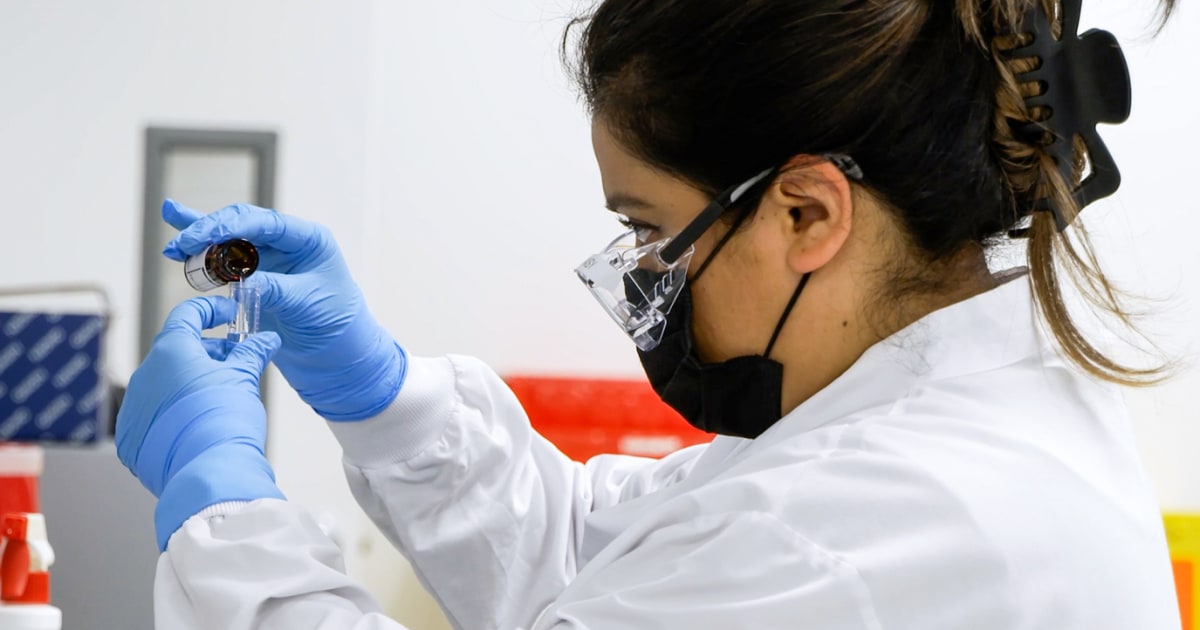Roller's comments are right on.
Historically, the occult blood test was the only screening available, and it was low yield, because tumors bleed irregularly, and there are many other reasons for bleeding.
As the genetics of ColonCa was researched, molecular tests became feasible, which can be done on blood or stool samples. They are much more useful, since they can detect the cancer-associated mutations. One issue there, in addition to sensitivity (the smaller the tumor, the less DNA is released, the easier it is for a false negative), is that these mutations occur at varying times during tumor evolution (benign hyperplasia, atypical hyperplasia, in-situ cancer, invasive cancer, metastatic cancer), so you may detect precursor lesions, which is actually a feature, not a bug.
Totally agree with importance of catching ColonCa early - the chemo options once the horse has left the barn (metastasis) are poor and mostly just prolong the dying.
@Cmeier: your lack of family history is not very relevant for ColonCa - only ~30% are familial, 70% sporadic (meaning you acquired the mutations yourself). Sorry to hear you have other things to worry about, but screening is one of the most powerful inventions of modern medicine - use it when you can.
And sorry to hear those of you with bad experiences with endoscopies, it does not have to be that way, as described above.
I have had several, combined lower & upper endoscopies, since I also have GERD which comes with increased risk of Barret's oesophagus, which is a precancerous lesion. My GI guy puts me on an IV, tells me to count to 10, and I wake up at 4 or 5 with everything done.
No sweat.

 www.nbcnews.com
www.nbcnews.com

